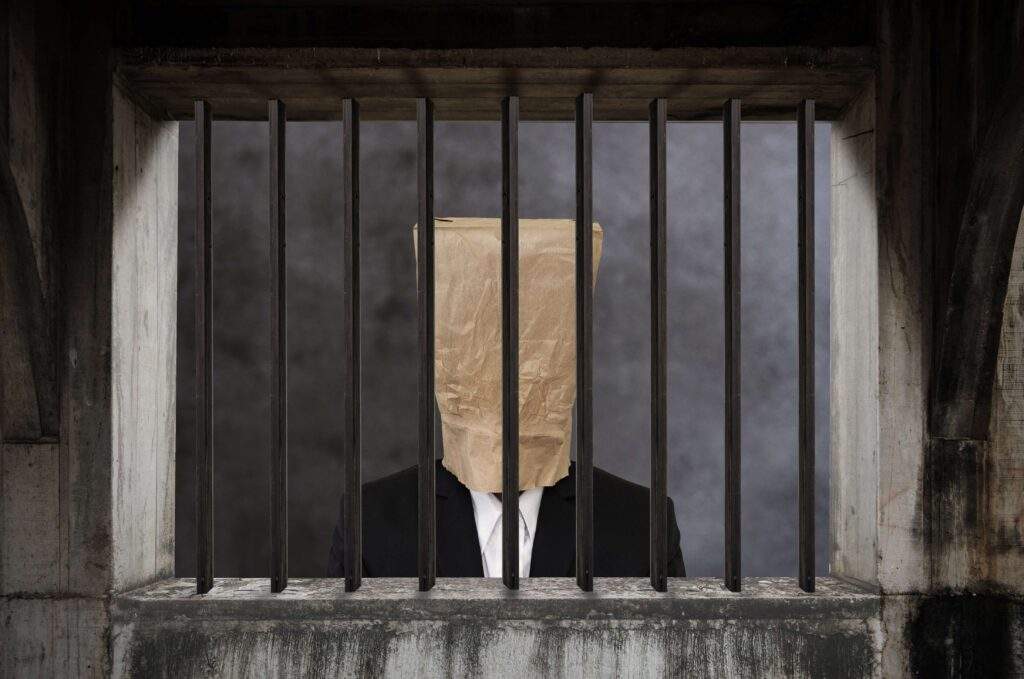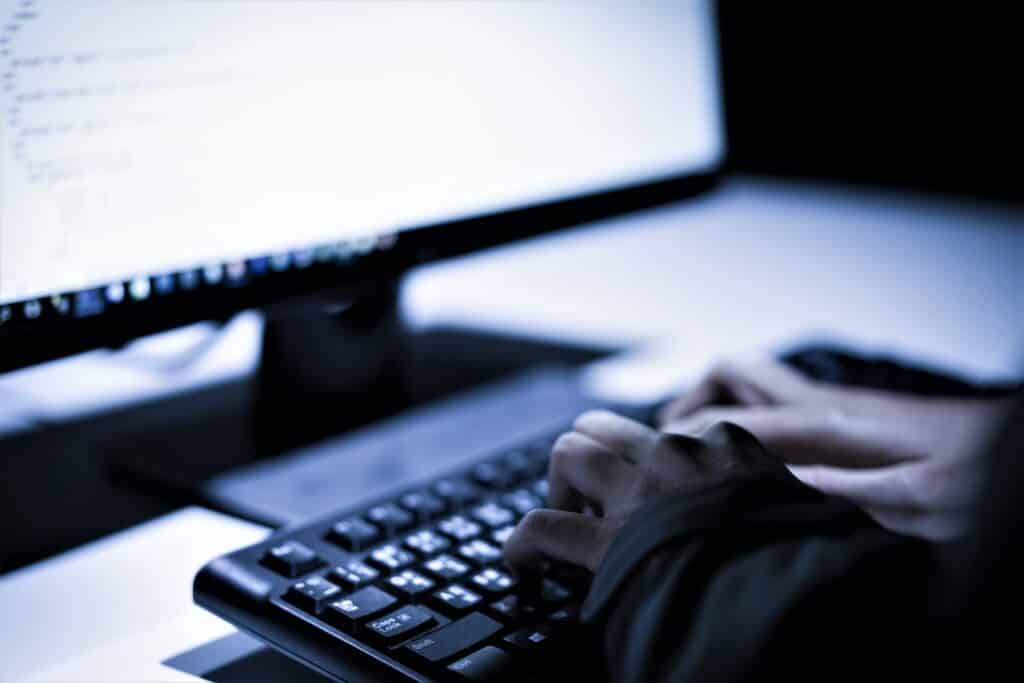eSports Facilities and the Japanese Act on Control and Improvement of Amusement Business: When Does it Constitute a Violation?
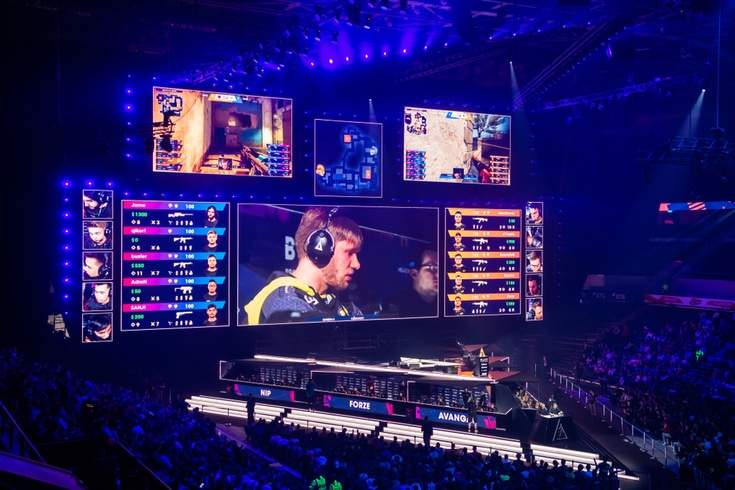
With the recent surge in popularity of eSports, there has been an increase in facilities where one can easily drop in and enjoy eSports.
Of course, in eSports facilities, games are played. But what is the difference between an eSports facility and a game center?
In this article, we will explain to eSports facility operators and users when and how eSports facilities may be regulated under the Japanese Act on Control and Improvement of Amusement Business.
What is eSports?
eSports refers to the term used to perceive video games and computer games as sports competitions.
The ‘e’ in eSports stands for ‘electronic’ in electronic sports.
What are eSports Facilities?
When we talk about facilities related to eSports, the content varies widely. These can be classified as follows:
Facilities for Watching Esports
One category of esports facilities is those designed for spectators to watch esports players in action.
For example, facilities where eSports tournaments are held for spectators to watch. Such facilities are sometimes referred to as esports arenas.
In Tokyo, the well-known LFS (Rufus) located in Ikebukuro is one such facility.
LFS, which opened on April 15, 2018 (Gregorian calendar), is an eSports facility where you can actually play eSports, but it is also a facility for watching gameplay.
Facilities for Practicing eSports
Another category of eSports facilities is those where professional gamers or those aspiring to become professional gamers can practice eSports.
Recently, facilities known as gaming houses, which are shared houses exclusively for professional gamers or those aspiring to become professional gamers, have emerged.
Facilities for Casual eSports Play
Another category is facilities where the general public can casually play eSports.
In the case of game centers, there are also those where you can play online. However, they also have machines for offline games, UFO catchers, and photo sticker booths, which are not within the scope of eSports. eSports facilities have a stronger online element, and using gaming PCs, you can play games on a global scale.
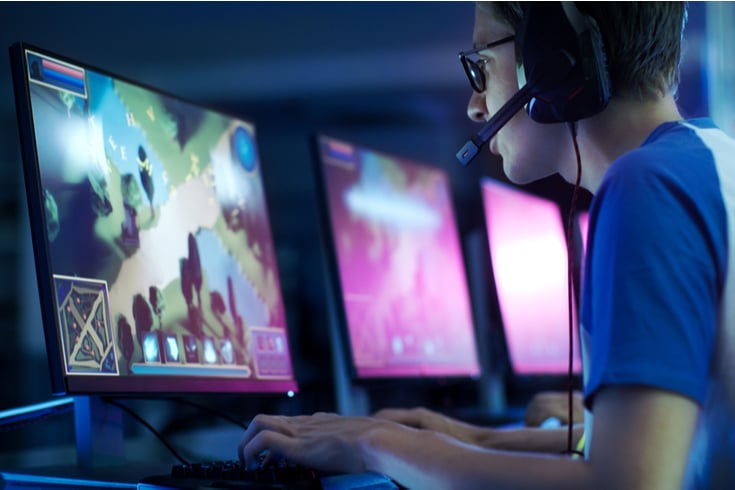
Laws Related to eSports Facilities
Given the nature of eSports, which involves the use of video games, copyright law comes into play due to the use of visual content.
Furthermore, in eSports tournaments, prizes or awards are often given to the top-ranking teams.
As the acquisition of these prizes or awards is determined by the outcome of the eSports matches, the relationship with the Japanese Gambling Offense (Article 186 of the Penal Code) can also be an issue.
There are cases where eSports tournaments are organized and sponsored by game manufacturers.
In cases where game manufacturers are involved as organizers or sponsors of eSports tournaments, the tournament may be used as a means to encourage game purchases. This can raise issues related to the Japanese Act against Unjustifiable Premiums and Misleading Representations.
Thus, while various legal issues can arise in relation to eSports facilities, many cases also involve issues related to the Japanese Act on Control and Improvement of Amusement Business (hereinafter referred to as the “Amusement Business Act”).
In this article, we will explain the relationship with the Amusement Business Act.
What is the Japanese Act on Control and Improvement of Amusement Business?
The purpose of the Japanese Act on Control and Improvement of Amusement Business (風営法) is defined in the following Article 1.
Article 1: The purpose of this law is to maintain good public morals and a clean entertainment environment, and to prevent actions that hinder the healthy development of young people. It does this by regulating the operating hours, business areas, and other aspects of entertainment business and adult entertainment-related special business, and by prohibiting minors from entering these establishments. The law also promotes the proper conduct of business in order to contribute to the sound operation of entertainment businesses.
In simple terms, the Japanese Act on Control and Improvement of Amusement Business aims to realize good public morals, a clean entertainment environment, and the healthy development of young people by regulating the operating hours, business locations, and admission rules of entertainment business and the like.
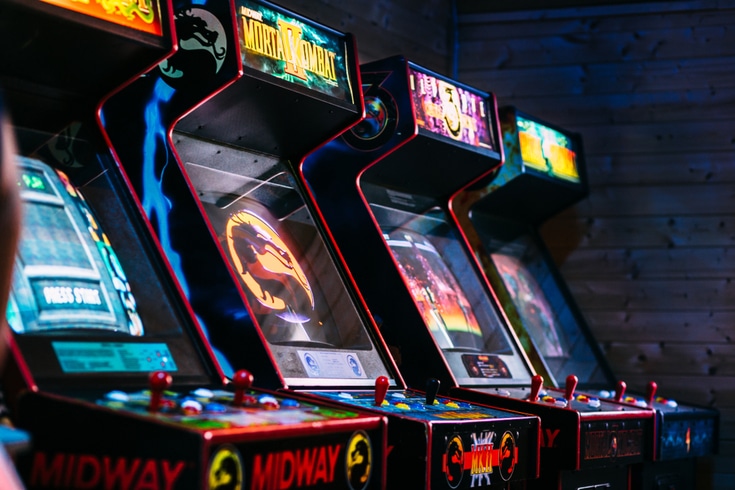
What kind of facilities are regulated by the Japanese Act on Control and Improvement of Amusement Business?
Facilities that fall under the regulations of the Japanese Act on Control and Improvement of Amusement Business (風営法) must obtain permission from the Public Safety Commission (公安委員会) of the prefecture where the business is located in order to operate.
According to Article 2, Paragraph 1 of the Japanese Act on Control and Improvement of Amusement Business, the following types of business are considered as entertainment business. Among them, the requirements stipulated in Article 2, Paragraph 1, Item 5 of the Act could potentially pose a problem in relation to eSports facilities.
Criteria for determining whether Item 5 applies
① The existence of gaming equipment, such as slot machines and video game consoles, that can be used for games that may arouse a spirit of gambling for purposes other than their original use, in a store or other similar partitioned facility.
② The business is engaged in letting customers play games using the gaming equipment.
What is a video game console?
In the case of eSports facilities, users will be playing games, so it is necessary to clarify the meaning of “video game console”.
On this point, Article 3, Paragraph 2 of the Enforcement Regulations of the Law Concerning Control and Improvement of Amusement Business, etc. defines a video game console as follows:
2. Video game console (limited to those with a function to allow games to be played for the purpose of competing, or those with a function to display the results of games in numbers, characteristics or other symbols on a display device such as a cathode ray tube or liquid crystal, excluding those that are clearly not used for games that may arouse a spirit of gambling.)
Considering the above definition of a video game console, it can be assumed that most eSports facilities would be subject to the regulations of the act on Control and Improvement of Amusement Business and would need to obtain permission to operate.
However, in reality, there are eSports facilities that operate without obtaining permission under the Control and Improvement of Amusement Business. This is believed to be based on the following circumstances:
Potential Exemptions from Regulations under the Japanese Act on Control and Improvement of Amusement Business for eSports Facilities
Some eSports facilities may not be subject to regulations under the Japanese Act on Control and Improvement of Amusement Business, depending on their business model.
In the following, we will introduce facilities that may potentially be exempt from regulations under the Japanese Act on Control and Improvement of Amusement Business.
Facilities Providing a Place to Play Video Games
In order to be considered a facility not subject to regulations under the Japanese Act on Control and Improvement of Amusement Business, it must not meet the previously mentioned requirements ① and ②.
Therefore, if a facility only provides a place to play video games, it may not meet requirement ②.
For example, in a facility where users bring their own smartphone games or handheld games to play, it may not be considered as conducting a business that allows customers to play games using gaming equipment, which is requirement ②.
Facilities Operating as Internet Cafes
For games played on a computer, they can be played as long as a computer is available.
Therefore, if a facility operates not as a place to play eSports, but simply as an internet cafe, it may not be subject to regulations under the Japanese Act on Control and Improvement of Amusement Business.
However, even if a facility claims to be an internet cafe in form, if it is essentially specialized for playing games, such as only having gaming PCs installed, it may be subject to regulations under the Japanese Entertainment Establishments Control Act.
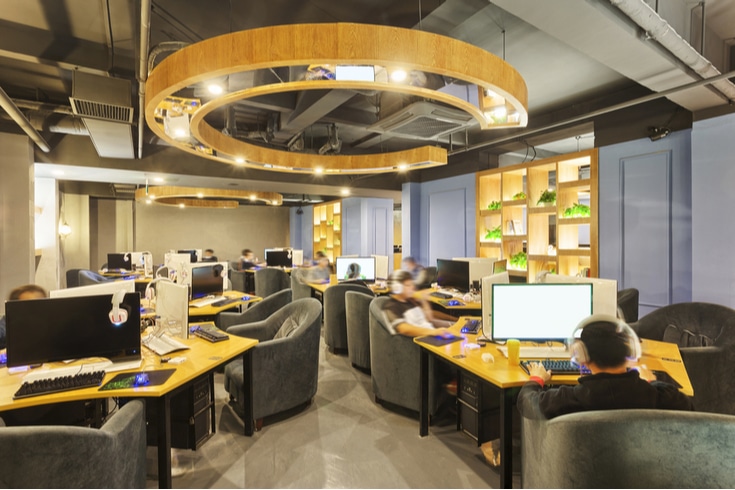
Hosting a One-Time eSports Tournament
In order for an eSports facility to be subject to regulations under the Japanese Act on Control and Improvement of Amusement Business, it must be considered as conducting a business that allows customers to play games using gaming equipment.
According to the “Interpretation and Operational Standards for the Law on Control and Improvement of Amusement Business, etc.” published by the National Police Agency, “business” is defined as “repeatedly performing similar actions for the purpose of gaining financial benefits.” Therefore, temporary facilities set up to host a one-time eSports tournament may not be subject to regulations under the Japanese Act on Control and Improvement of Amusement Business.
Summary: Consult Lawyer for eSports under Japanese Law on Control and Improvement of Amusement Business.
We have explained the circumstances under which e-sports facilities, whether they are operators or users, may be regulated by the Japanese Act on Control and Improvement of Amusement Business.
As there are still some unclear aspects in the practical relationship between e-sports and the Japanese Act on Control and Improvement of Amusement Business, we recommend that those who are operating or planning to operate e-sports facilities consult with a lawyer who has specialized knowledge in this area.
Introduction to Our Firm’s Measures
Monolith Law Office is a legal office with high expertise in both IT, particularly the internet, and law.
When operating an eSports facility, it is crucial to ensure compliance with numerous laws, including the Japanese Act on Control and Improvement of Amusement Business. Our firm provides legal checks for a wide range of clients, from companies listed on the Tokyo Stock Exchange Prime Market to venture startups. If you have any concerns about the legality of your business operations, please refer to the article below.
Category: Internet





